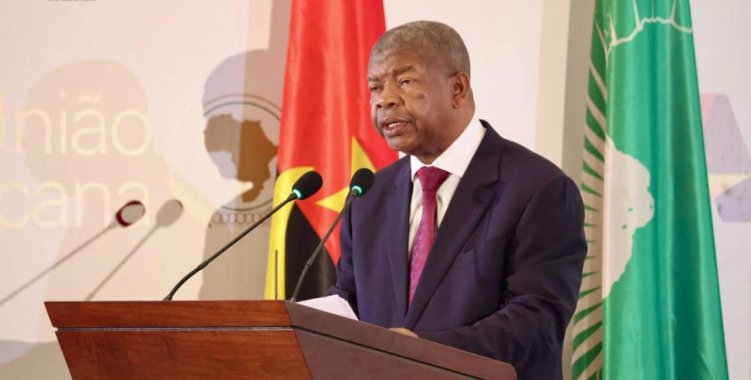Conflicts, instability, coups d'état, hunger and misery are factors that still persist on the African continent, as some Angolan political analysts told Lusa this Monday, also believing in a great projection of Angola's image.
Political scientist David Sambongo considered João Lourenço's assumption of the presidency of the AU Commission an achievement of Angolan diplomacy, but highlighted that this mission, unanimously ratified by the Southern African Development Community (SADC), does not only have advantages.
"Naturally, Angola will find not only advantages, but also a set of challenges, because Africa is unfortunately still plagued by very basic issues such as basic sanitation, access to water, infrastructure, extreme poverty", he highlighted.
Africa is a continent that, despite its potential, "still has several social problems, is plagued by a series of civil conflicts, (...) concrete state problems", he highlighted.
For David Sambongo, the AU is still an institution "to be consolidated" and João Lourenço will also have the responsibility of "cementing the foundations for the credibility" of the African Union as an institution of continental scope.
He also listed the maximization of the Lobito Corridor, an important regional connection infrastructure, and the need to "make Africa more democratic", as other challenges of the Angolan presidency of the AU.
From February onwards, the President of the Republic will assume the rotating presidency of the African Union, during the 38th ordinary session of the Conference of Heads of State and Government of the AU, scheduled for February 15th and 16th.
International relations specialist Almeida Henriques signaled, in statements to Lusa, that security issues should be on João Lourenço's agenda in the direction of the AU's destinations, recalling the situation in the Sahel.
In central Africa, (...) João Lourenço "will know, because he effectively knows what problems there are, for example in South Sudan and Sudan where two generals at odds continue to sow war and discord, here too It is a problem that must be resolved, we are talking about a conflict that has endogenous and exogenous factors".
He also recalled the instability in Southern Africa, particularizing the conflict between the Democratic Republic of Congo and Rwanda, believing that João Lourenço should put the legal recognition of the International Conference on the Great Lakes Region (CIRGL) on the agenda.
Henriques considered, on the other hand, that the issue of African economic integration constitutes an "Achilles' heel" for the continent, noting that, in practice, it does not exist.
Because "States that disagree from the point of view of economic and political security cannot produce or create joint stability, because the issue of sub-regional security must be reflected in internal peace, and the States of the African Union generally experience internal conflicts, that weaken regional integration policies", he noted.
"We also highlight the coups d'état and we believe that it will be one of the fundamental notes discussed in many summits on how States must respect their legal systems, respect their constitutions", he concluded.
Agostinho Sicato, also a political analyst, said that the Angolan leadership at the AU exposes the country's image on the highest African platform.
The deepening of democracy in Africa must be, for this analyst, a priority on the agenda: "Angola has a golden opportunity, with the presidency of the AU, to make its voice echo and demonstrate in practice the exercise of participatory democracy, transparency in governance and respect for cultural identity".







